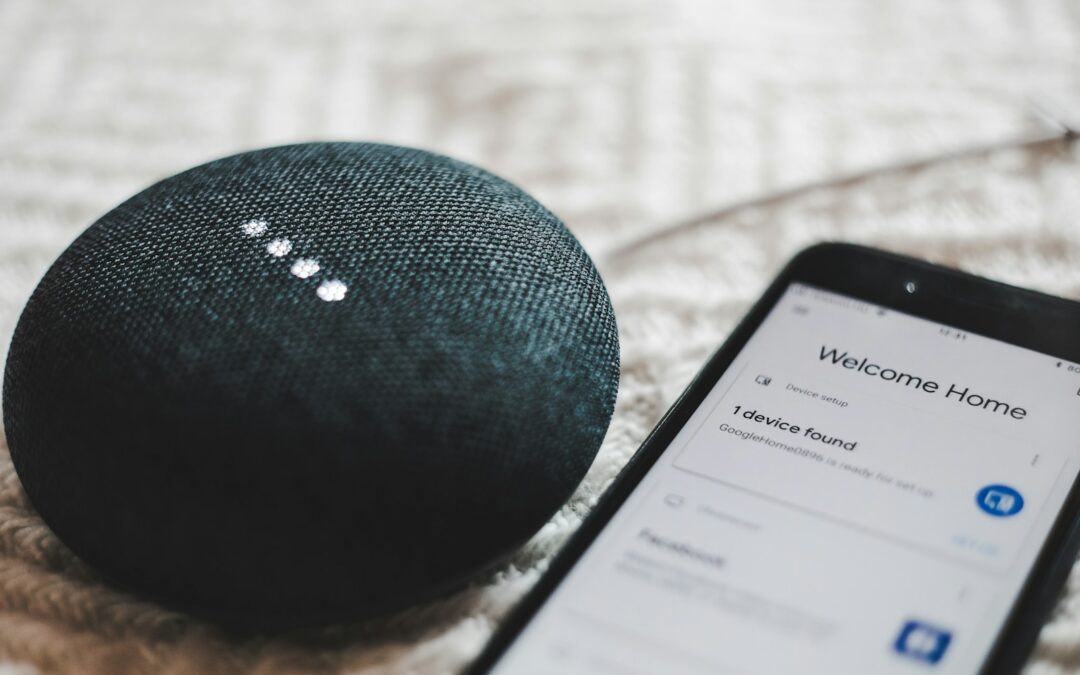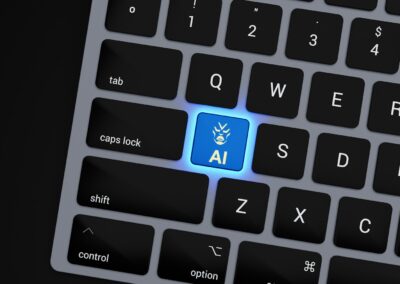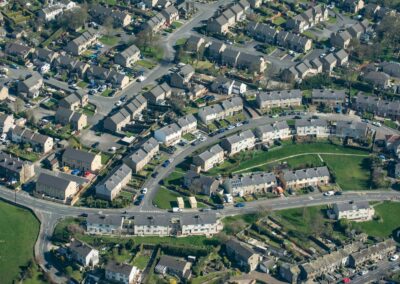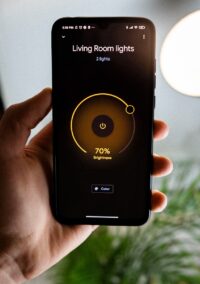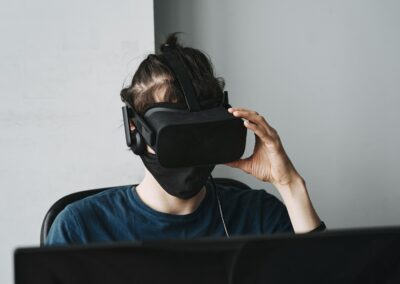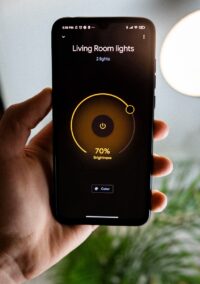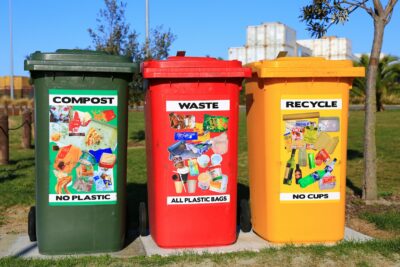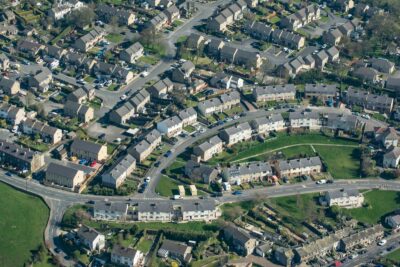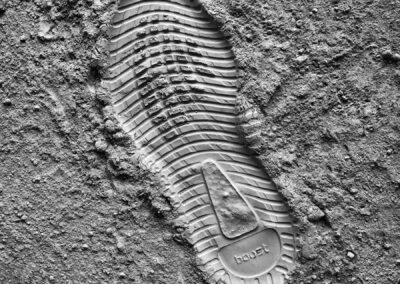How AI and IoT Technologies Support Sustainable Practices
The Role of AI in Smart Home Sustainability
The integration of AI and IoT for sustainable living in smart homes is revolutionizing the way we approach waste reduction and water conservation. These technologies are instrumental in creating efficient and eco-friendly living environments, particularly in rapidly developing regions such as Saudi Arabia, the UAE, Riyadh, and Dubai. By leveraging artificial intelligence, smart homes can optimize energy use, manage resources efficiently, and contribute significantly to sustainability goals.
Artificial Intelligence (AI) systems in smart homes analyze data from various sensors and devices to predict and optimize resource consumption. For instance, AI can learn a household’s energy usage patterns and adjust heating, cooling, and lighting to minimize waste while ensuring comfort. This is particularly relevant in regions like Riyadh and Dubai, where extreme temperatures can lead to high energy consumption. AI-driven systems ensure that energy is used efficiently, reducing the overall carbon footprint.
Moreover, AI enhances waste management within smart homes by analyzing waste disposal patterns and providing insights into reducing, reusing, and recycling materials. For example, AI can monitor food waste and suggest meal plans or shopping lists that minimize leftovers. This not only helps in reducing waste but also encourages sustainable consumption habits among residents. The adoption of AI in smart homes is thus a critical step towards achieving broader environmental sustainability objectives.
IoT: Connecting Devices for Efficient Resource Management
The Internet of Things (IoT) plays a crucial role in supporting sustainable living practices in smart homes. IoT connects various household devices, enabling them to communicate and work together seamlessly to conserve resources. In the context of water conservation, IoT devices such as smart irrigation systems, leak detectors, and water usage monitors can significantly reduce water wastage.
Smart irrigation systems, for example, use IoT sensors to monitor soil moisture levels and weather forecasts, ensuring that plants receive the optimal amount of water. This is particularly beneficial in arid regions like Saudi Arabia and the UAE, where water is a precious resource. By preventing over-irrigation, these systems conserve water and contribute to the sustainability of urban environments.
Additionally, IoT-enabled leak detectors alert homeowners to potential water leaks before they cause significant damage or water loss. These devices can automatically shut off the water supply to prevent further leakage, ensuring efficient water management. In smart homes across Riyadh and Dubai, such technologies are essential in promoting water conservation and reducing utility costs.
Integrating AI and IoT for Comprehensive Waste Reduction
The synergy between AI and IoT technologies in smart homes can lead to comprehensive waste reduction strategies. AI can process data collected by IoT devices to provide actionable insights into waste generation and disposal patterns. This integrated approach enables more effective recycling, composting, and waste minimization practices.
For instance, smart waste bins equipped with IoT sensors can categorize and separate recyclables from general waste. AI algorithms can analyze the data to identify trends and recommend ways to reduce waste. In regions like Dubai, where sustainability is a key focus, such innovations can significantly enhance waste management efforts and support the city’s environmental goals.
Furthermore, AI-driven smart appliances, such as refrigerators and washing machines, can optimize their operations based on usage patterns and energy availability. These appliances can run during off-peak hours to reduce strain on the electrical grid and use energy more efficiently. By integrating AI and IoT, smart homes can achieve significant reductions in both waste and energy consumption, fostering a culture of sustainability among residents.
Case Studies: Sustainable Smart Homes in the Middle East
In Saudi Arabia and the UAE, the adoption of AI and IoT technologies in smart homes is already showing promising results. For example, in the King Abdullah Economic City, smart home technologies are being implemented to create a model for sustainable urban living. Homes equipped with AI and IoT systems are achieving significant reductions in energy and water consumption, setting a benchmark for future developments in the region.
Similarly, Dubai’s Sustainable City is a leading example of how AI and IoT can transform urban living. The community features homes with integrated smart technologies that manage energy, water, and waste more efficiently. Residents benefit from lower utility bills and a reduced environmental footprint, demonstrating the tangible benefits of adopting AI and IoT for sustainable living.
These case studies highlight the potential for smart homes to contribute to national sustainability goals in the Middle East. By leveraging advanced technologies, cities like Riyadh and Dubai are leading the way in creating eco-friendly and resource-efficient urban environments. The success of these projects underscores the importance of continued investment in AI and IoT technologies for sustainable development.
Conclusion
The integration of AI and IoT for sustainable living in smart homes is a transformative approach to addressing environmental challenges. By optimizing resource use, enhancing waste management, and promoting efficient energy consumption, these technologies are paving the way for a more sustainable future. In rapidly developing regions such as Saudi Arabia, the UAE, Riyadh, and Dubai, the adoption of AI and IoT in smart homes is not only feasible but also essential for achieving long-term sustainability goals. As these technologies continue to evolve, their impact on urban living will become even more profound, making smart homes a cornerstone of sustainable development worldwide.
—
#AI #IoT #sustainableliving #smarthomes #wastereduction #waterconservation #SaudiArabia #UAE #Riyadh #Dubai #smartcities #technology #leadership #businesssuccess

